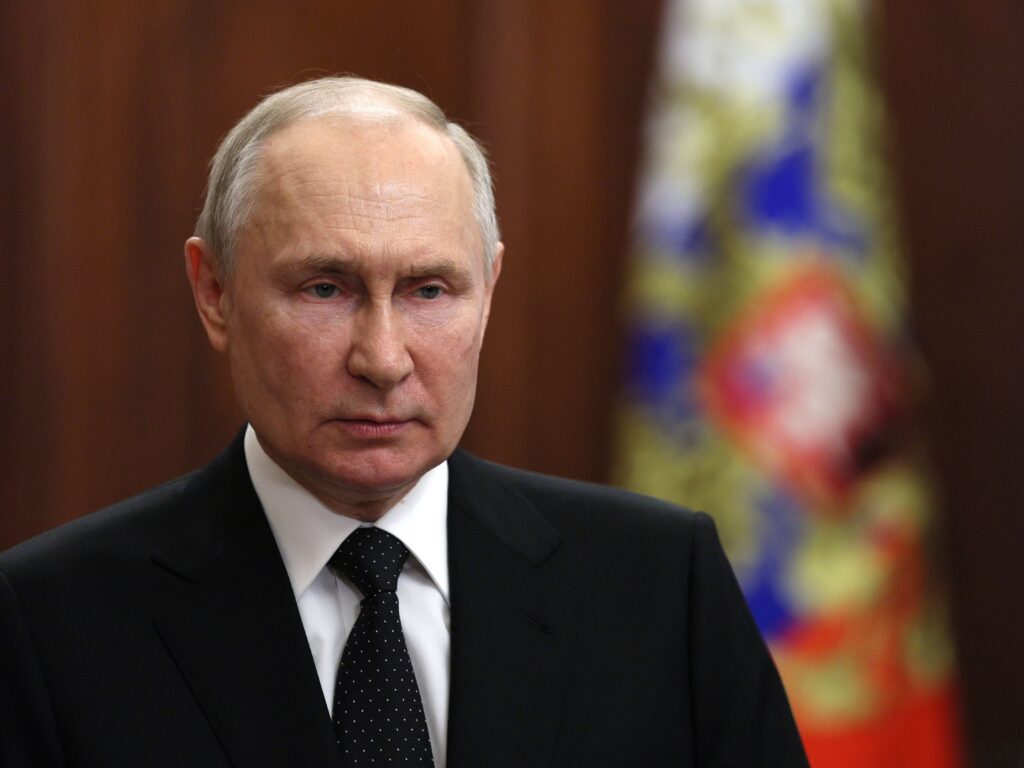- The Russian Ruble is one of the worst-performing currencies of 2023.
- Early trading saw the embattled currency sink to over 100 to the dollar – a level not seen since April 2022 in the early stages of the Ukraine war.
- Capital flight, low export revenues, and Western sanctions are all biting the currency.
The Russian ruble fell to its lowest level in 16 months against the dollar on Monday morning as the currency continues to take a beating from its invasion of Ukraine.
Early trading saw the embattled currency sink to over 100 to the dollar – a level not seen since April 2022 in the early stages of the Ukraine war.
It has fallen by over a quarter from one year ago, and the sharp decline in recent weeks has been fuelled by a slew of economic headwinds. Capital has flown out of Russia in droves, and European nations have reduced their reliance on Russian oil, causing export revenues to fall.
As a result, Russia's current account surplus – defined as the gap between exports and imports – has dropped 85% since this time last year.
Kremlin's economic advisor Maxim Oreshkin blamed the central bank for a weak ruble and urged them to use all the tools available to stabilize the economy.
″...the main source of ruble weakening and inflation acceleration is the loose monetary policy. The central bank has all the necessary tools to normalize the situation in the near future and ensure a reduction in credit growth to sustainable levels, Oreshkin wrote in a column, published on Monday by state media outlet Tass.
Russia has introduced several emergency measures to stem the weakening of the ruble. Since August 10, it halted purchases of foreign currencies until at least the end of the year.
The nation will no longer buy foreign notes on the global market but will continue to sell those located in its sovereign wealth fund, Russia's central bank said in a statement last Wednesday. The sale of foreign currencies is worth up to 2.3 billion rubles ($23 million dollars) a day, which it has been using to help fund its costly war against Ukraine.
Russia has also announced it is piloting a digital version of the ruble for planned release in 2025. It will be tested on participants from 13 banks with the aim to revive the currency and ease cross-border payments.
Such measures come after the ruble blew past a key "comfort zone" for the Kremlin in July, after Wagner's short-lived rebellion saw the currency blow through its optimal range of 80-90 to the dollar.
